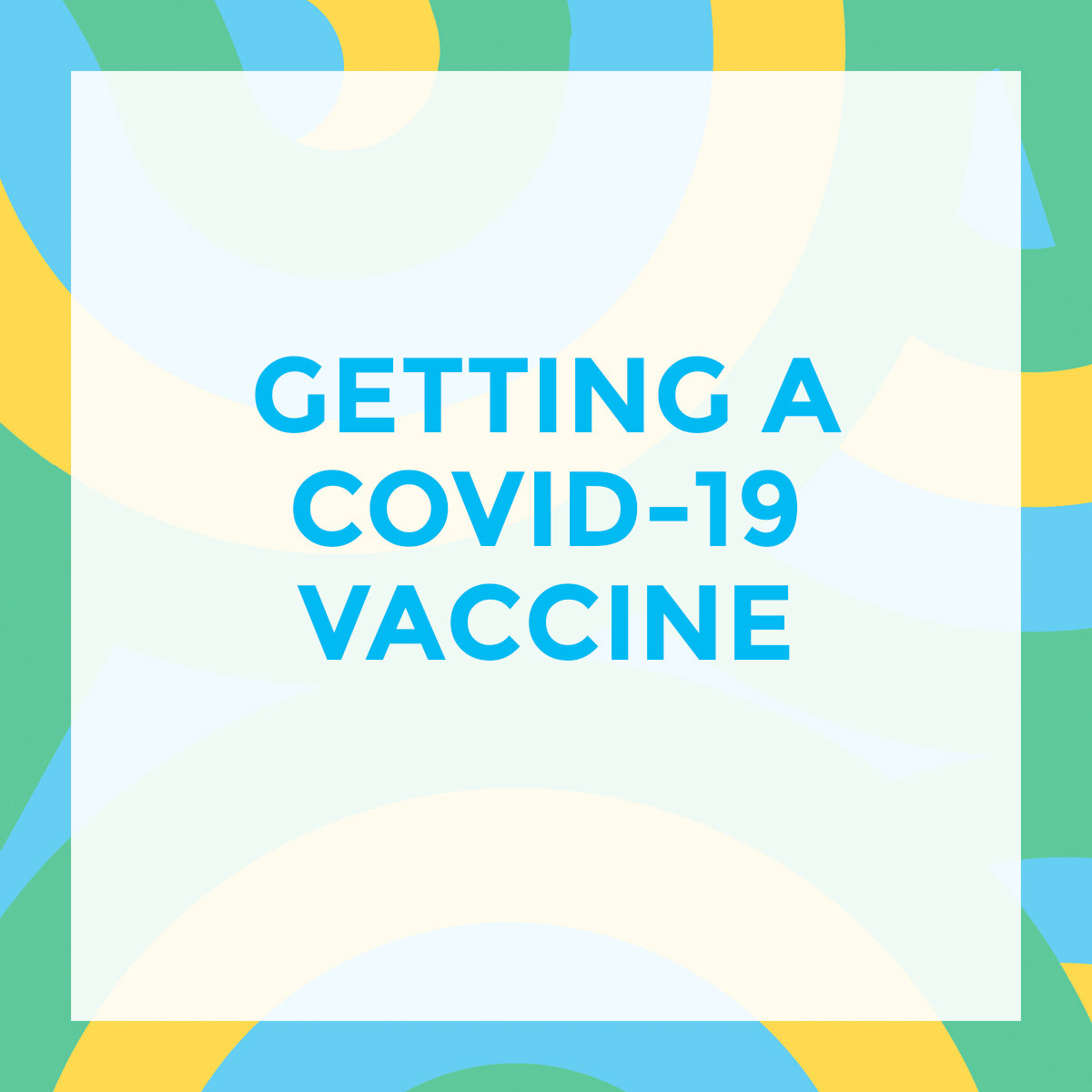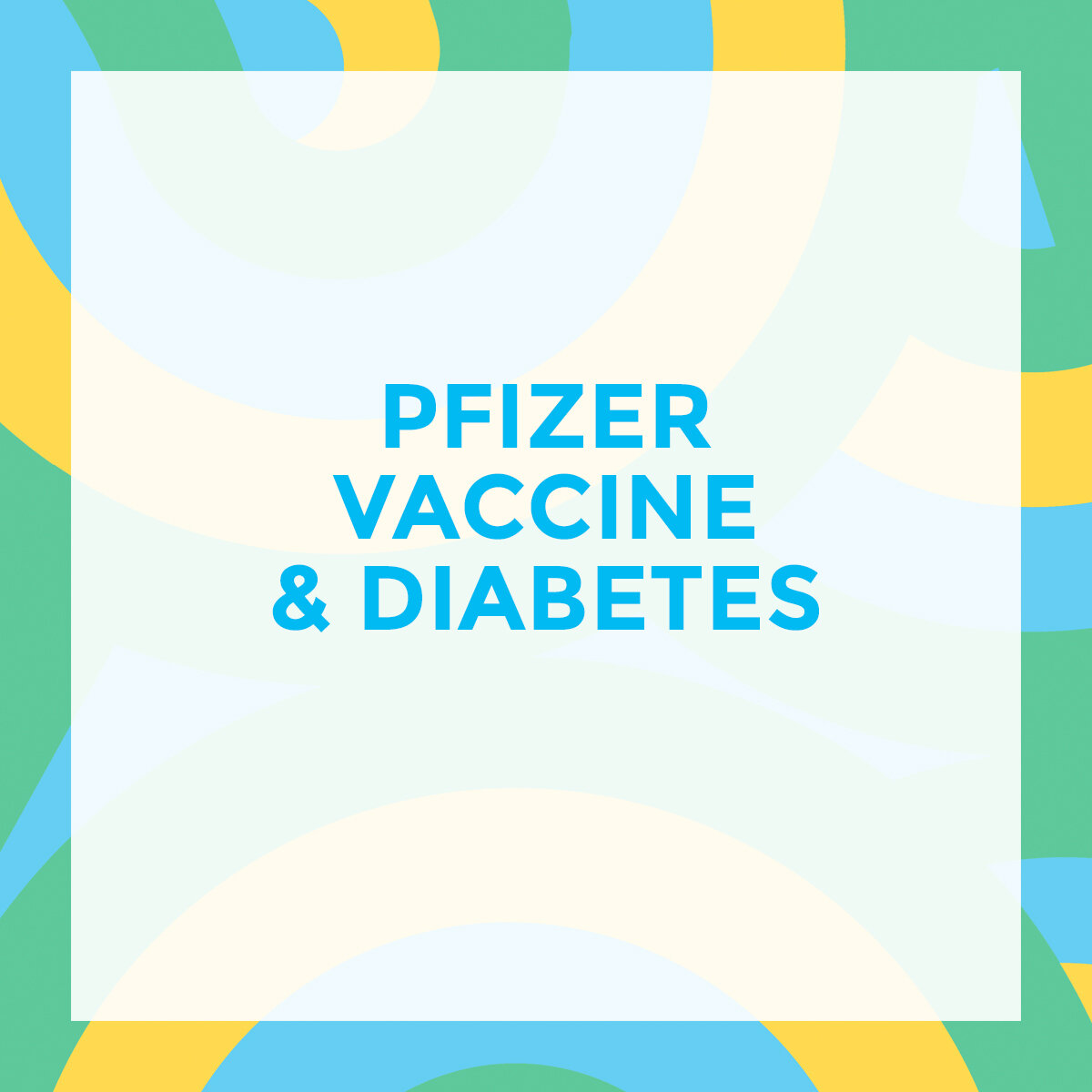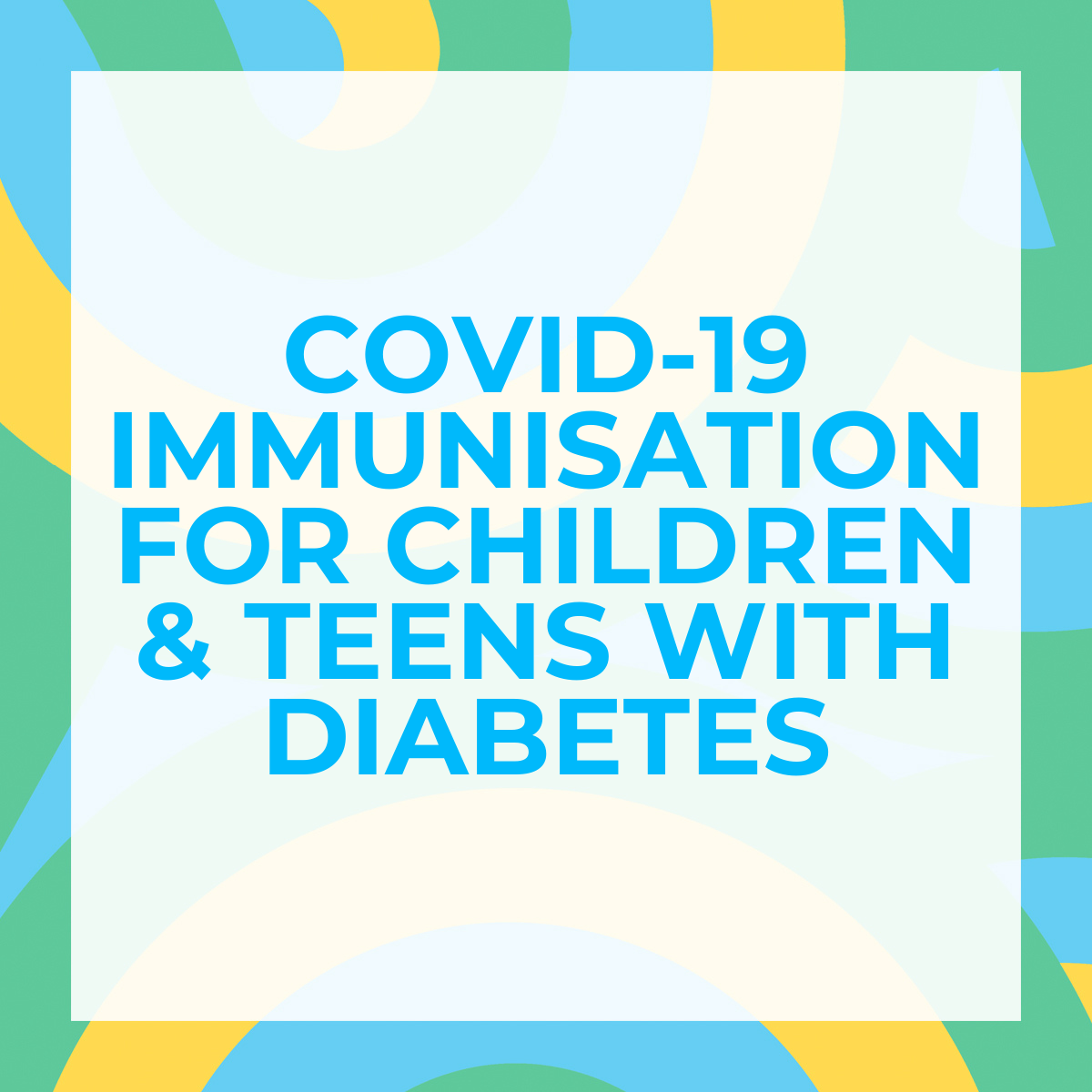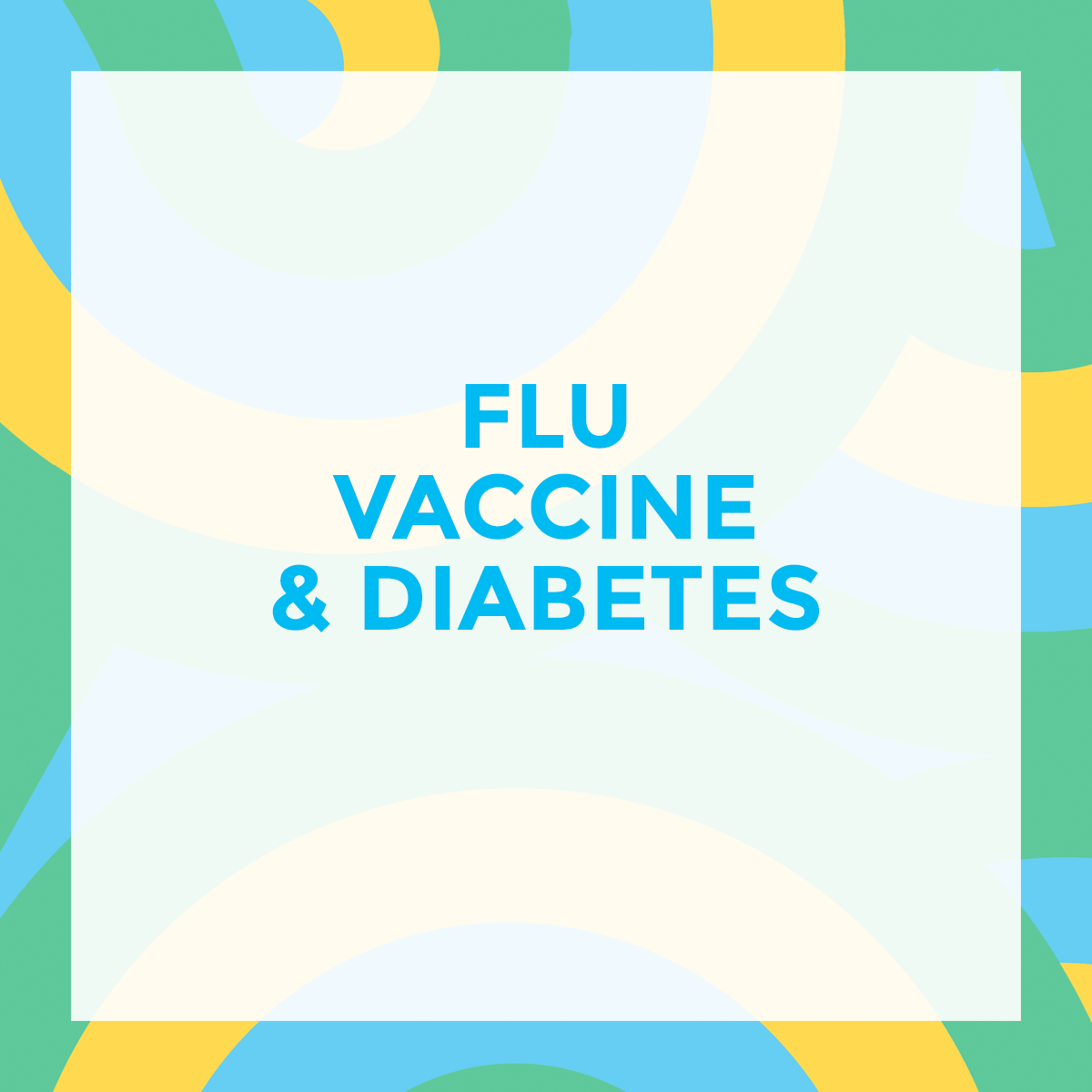COVID-19 vaccine & diabetes
Vaccinating against COVID-19 reduces the risk of the virus to you, your whānau, and your community.
The more people that vaccinate the stronger we will be. The Ministry of Health is giving everyone aged 5 and over the opportunity to get their free vaccine this year, vaccinating those at greater risk first.
The NZ Government is currently rolling out a COVID-19 Immunisation Programme. COVID-19 vaccines will play a critical role in protecting New Zealanders’ health and wellbeing. For people with diabetes, the risk of severe illness from COVID-19 is increased and therefore vaccinations are an important measure to help reduce your risk of contracting the virus.
The vaccine is free and will be available to everyone in New Zealand. The vaccine will be voluntary.
We encourage people living with diabetes to receive the vaccine when it is available to you. People with any type of diabetes are at risk of developing severe illness if they do get COVID-19, and vaccines are the most effective way to prevent that from happening. You should consult with your doctor about your individual circumstances.
Aside from protecting yourself from the virus, you will also be playing your part to protect our country by having the vaccine. Getting vaccinated will save lives.
A large Israeli study in an older population, aged over 60 years, has demonstrated that the BNT162b2, Pfizer–BioNTech vaccine booster dose against COVID-19 is very effective, with an 11.3-fold lower risk of confirmed infection.
In NZ, booster doses became available from 29 November 2021 for those aged over 18 years who have completed their primary COVID-19 vaccination course at least 6 months prior.
The gap between the second shot and booster shot will reduce to four months in January 2022. More than 82 percent (or three million) of vaccinated New Zealanders will be eligible for the booster by the end of February 2022.
Does the Pfizer-BionTech COVID-19 vaccine affect blood glucose levels in people with diabetes?
It’s important to carefully monitor your blood glucose levels for 48 hours after you receive your vaccination as blood glucose levels may rise or fall as a result of side effects of the vaccine. Stay hydrated, and make sure to have your sick day plan ready in case you feel unwell.
We recommend you take your blood glucose meter and hypo treatment with you to your vaccination appointment and make sure your vaccinator is aware you have diabetes, as some people with type 1 diabetes have reported hypos post-vaccination.




